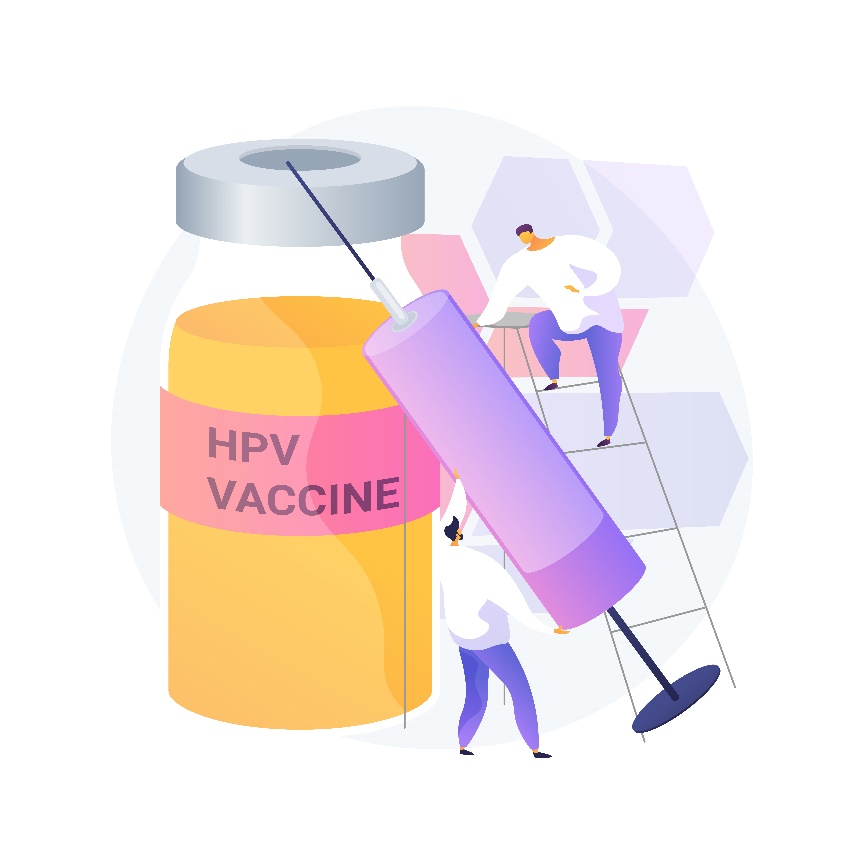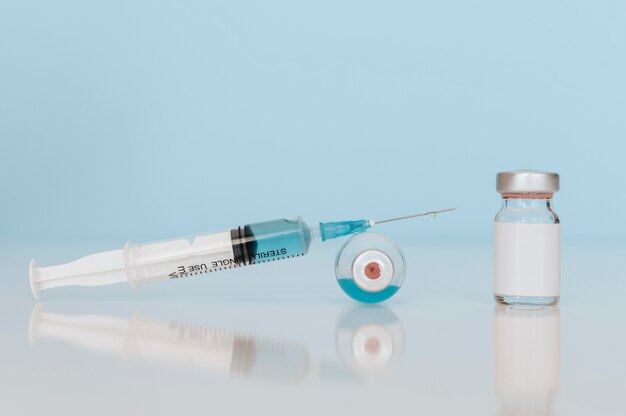Antibodies that boost the body’s inherent defences against cancer are a class of immunotherapy known as cancer treatment vaccines. When it comes to cancer treatment vaccines, which target cancer cells rather than the cancer-causing agent, they are meant to be administered to those who already have the disease, in contrast to cancer preventive vaccinations.
Vaccines have a significant role in preventing and treating cancer. Here are some key ways vaccines are used in the context of cancer:
- Cancer prevention vaccine:
· Vaccines are available to protect against viruses that have the potential to cause cancer, such as the human papillomavirus (HPV) vaccine, which helps prevent cervical, anal, and other HPV-related cancers.
·The hepatitis B vaccine can help prevent liver cancer caused by hepatitis B virus infection.

2. Cancer treatment vaccines:
·Therapeutic cancer vaccines aim to trigger the immune system to identify and destroy cancer cells. These vaccines are being developed for various types of cancer, such as melanoma, prostate cancer, and breast cancer.
·These vaccines work by exposing the immune system to specific molecules or proteins found on the cancer cells’ surface, allowing the immune system to mount a targeted response against cancer.
3. Vaccine-based immunotherapy:
·Vaccines are also being used in combination with other cancer immunotherapies, such as checkpoint inhibitors, to enhance the body’s immune response against cancer.
·The goal is to prime the immune system with the vaccine and then use other immunotherapies to further activate and sustain the anti-cancer immune response.
4. Personalized cancer vaccines:
·Researchers are currently investigating the possibility of creating personalized cancer vaccines tailored to individual patients tailored to the specific genetic and molecular features of an individual’s cancer.
·These vaccines are designed to target the unique mutations or antigens present in a patient’s tumour, potentially improving the immune system’s ability to recognize and attack the cancer.
Vaccines play a role in the prevention and treatment of various malignancies, including the following:
1. Cervical, anal, and other HPV-related cancers:
- The human papillomavirus (HPV) vaccine is highly effective in preventing infections with HPV strains known to cause these types of cancers.
- The vaccine targets the specific HPV subtypes that lead to the majority of HPV-related cancers.
2. Liver cancer:
- The hepatitis B vaccine helps prevent chronic hepatitis B infection, which is a major risk factor for the development of liver cancer, particularly hepatocellular carcinoma.
3. Melanoma:
- Therapeutic vaccines are being developed to treat melanoma by stimulating the immune system to recognize and attack melanoma cells.
- These vaccines target specific antigens or molecules expressed by melanoma cells, enhancing the body’s immune response against the cancer.
4. Prostate cancer:
- Prostate cancer vaccines, such as Provenge (sipuleucel-T), have been approved for the treatment of certain types of advanced prostate cancer.
- These vaccines stimulate the patient’s immune system to identify and target prostate cancer cells.
5. Breast cancer:
- Experimental breast cancer vaccines are being investigated to target specific breast cancer-associated antigens, with the goal of producing an immune response against the cancer cells.
6. Hematological malignancies:
- Vaccines are being explored as a potential treatment for certain haematological cancers, such as lymphoma and multiple myeloma, by stimulating the immune system to recognize and attack the cancer cells.
It’s important to note that the development and clinical use of cancer vaccines are active and ongoing areas of research. While some vaccines have been approved for specific cancer types, the effectiveness and availability of cancer vaccines may vary depending on the type of cancer and the stage of clinical research and development.
Ongoing research is exploring cancer vaccines’ potential against various cancers, with many in clinical trials. The field shows great promise for future cancer treatment, particularly when combined with other therapies like immunotherapy.

